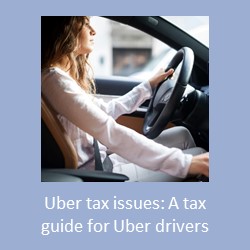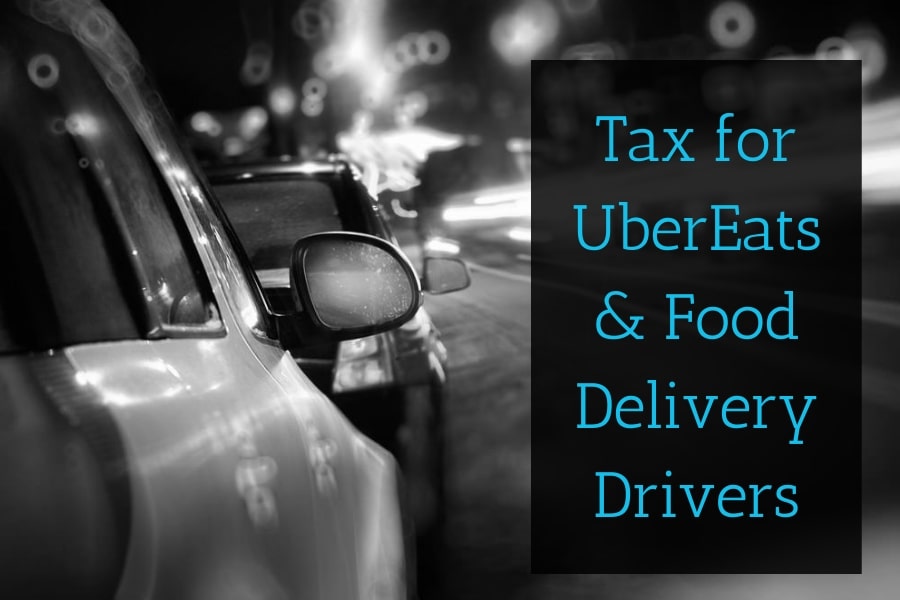Essential Tax Deductions for Gig Economy Workers
Vehicle expenses typically represent the largest deduction opportunity for rideshare and delivery drivers. You can choose between the standard mileage rate method or the actual expense method, depending on which provides greater tax benefits for your specific situation.
The standard mileage rate for business use of your vehicle changes annually and covers gas, oil, repairs, tire replacement, insurance, registration fees, licenses, and depreciation. For the actual expense method, you'll need to track all vehicle-related costs and calculate the business use percentage of your vehicle.
Beyond vehicle expenses, drivers can often deduct phone and data plan costs used for work, cleaning supplies for vehicle maintenance, tolls and parking fees incurred during work, and even certain equipment like phone mounts, chargers, and GPS devices purchased specifically for driving purposes.




